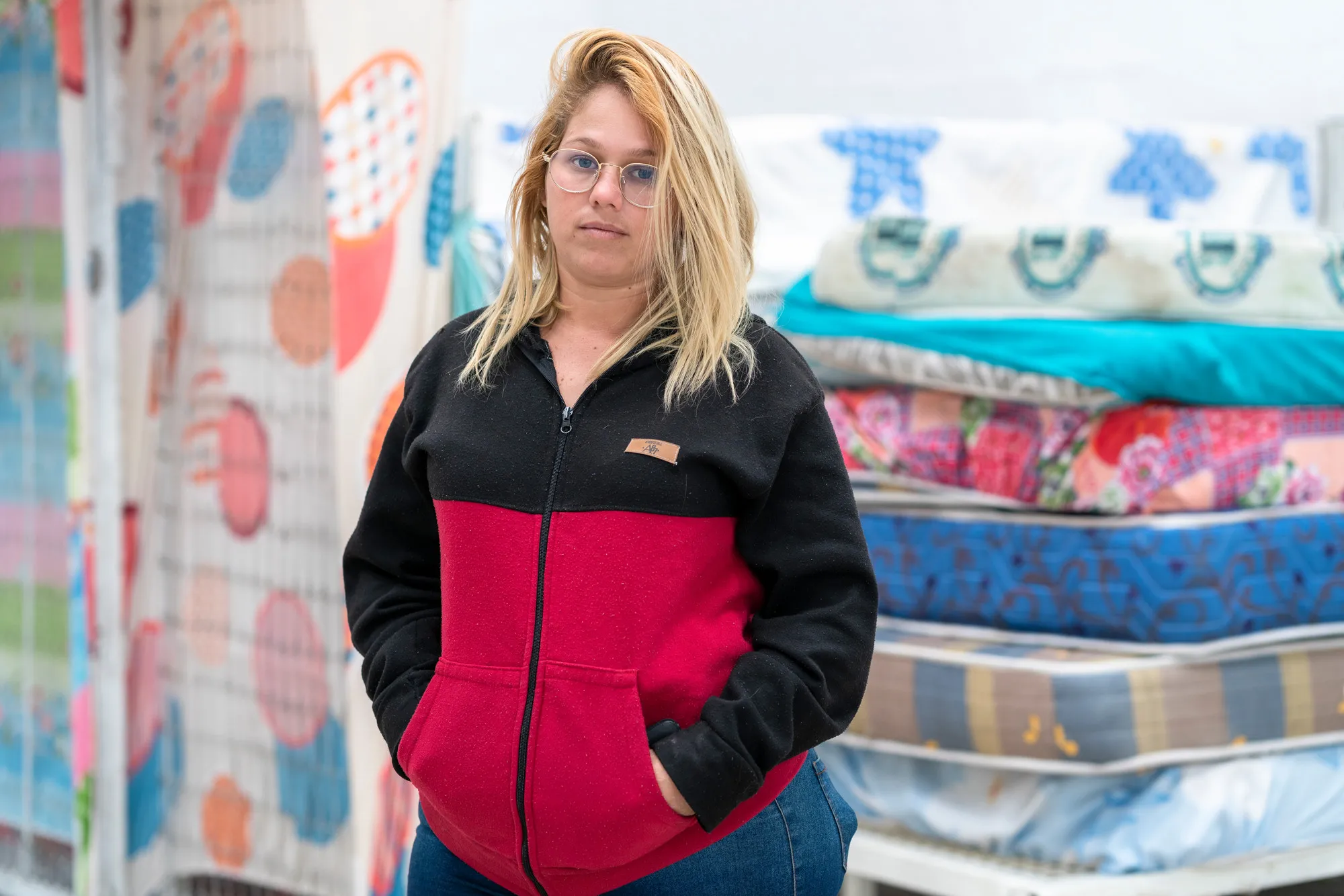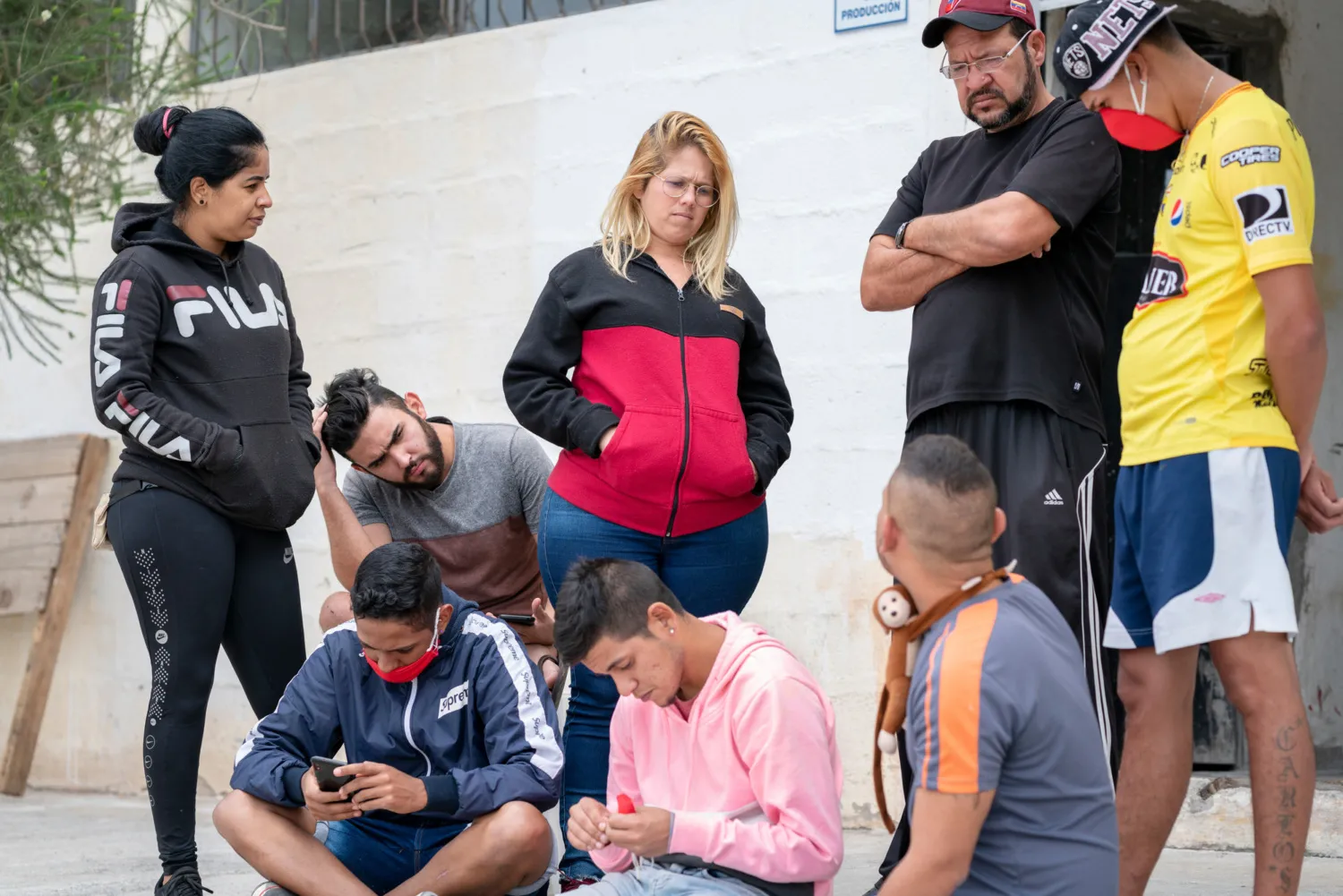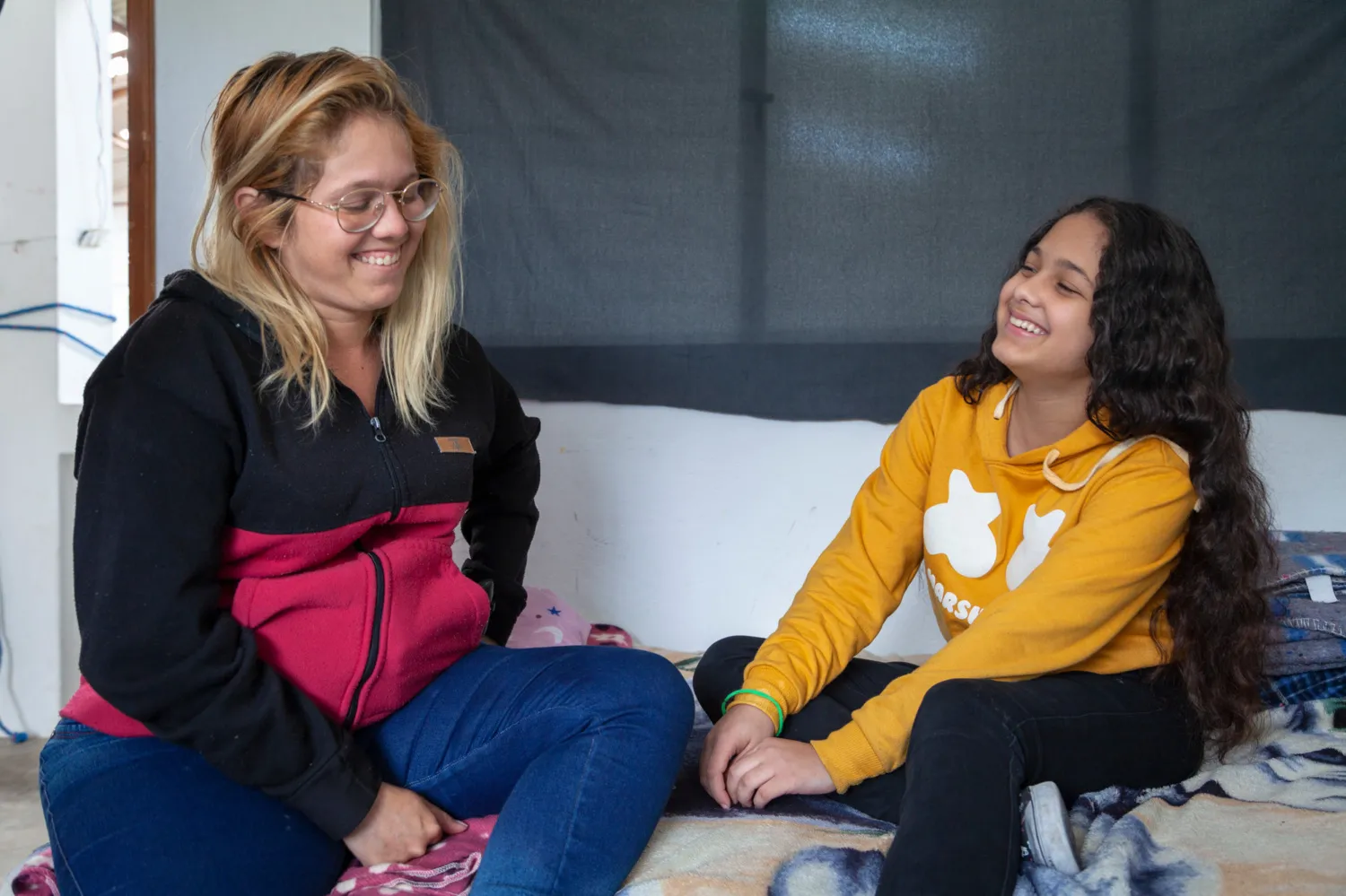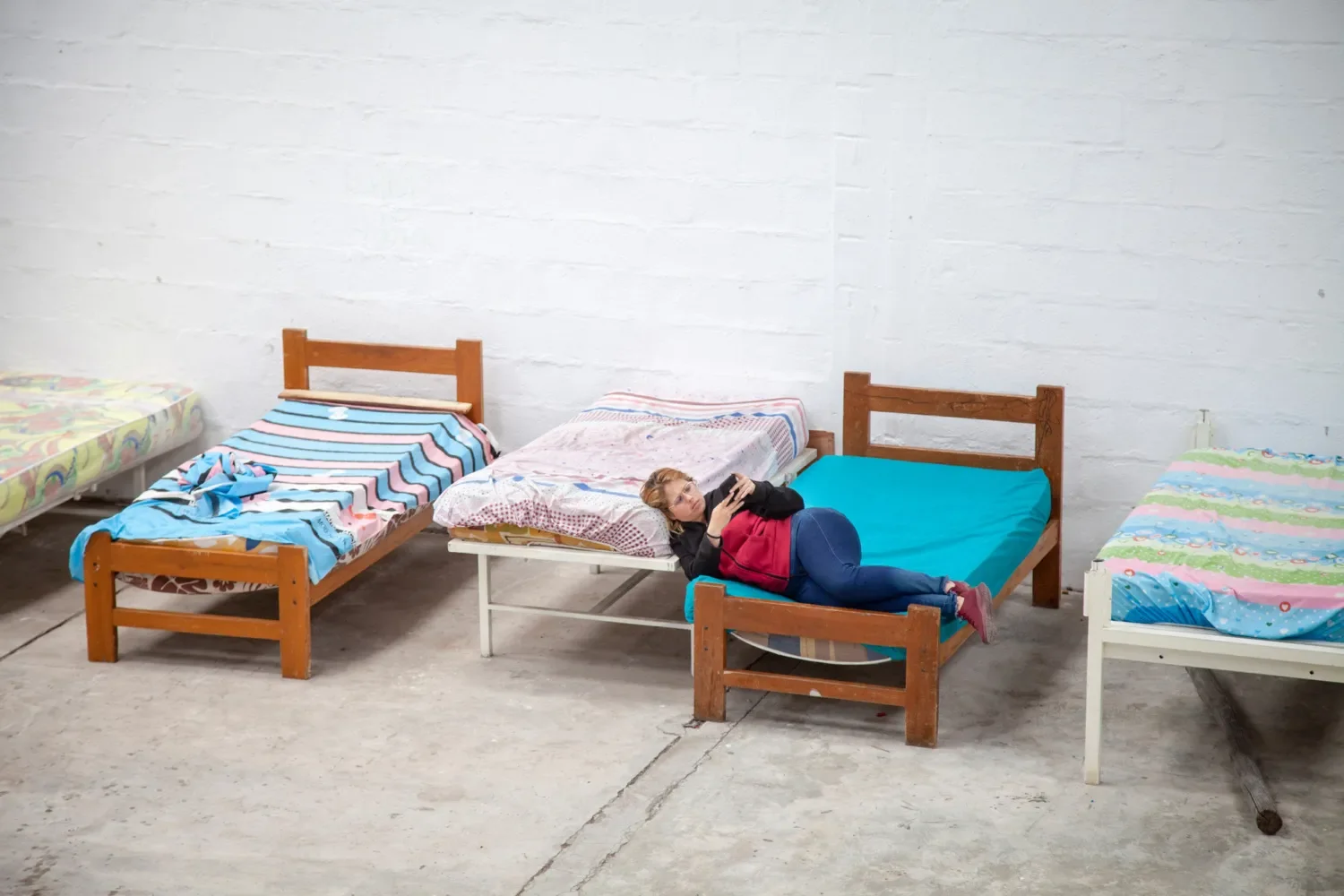“When the COVID-19 situation started, I never heard from my boss again. They stopped work, they never called us, they never texted us,” says Roselin Garcés, 31, a Venezuelan refugee in Ecuador.
Without a job, Roselin struggled to afford the basics.
“At a point, we didn’t have money, not even to buy something to eat. … I know it’s a global crisis, but fear was one of the things that affected me the most.”
Ecuador has the second-highest COVID-19 infection rate in the region after Brazil, and the highest death rate. According to official data, 3,600 people in Ecuador have died from the virus as of June 9, but a government official has said the figure is low due to a lack of testing. An analysis by The New York Times suggests that Ecuador’s death toll is 15 times higher than government numbers report.
News reports include stories of overflowing hospitals and dead bodies piling up on the streets, particularly in Guayaquil, home to 70 percent of the country’s COVID-19 cases, and where Roselin was living and working.
“The situation in Guayaquil was horrible,” Roselin says. “I did not sleep. I thought that I would not see my daughter anymore, that I would not be able to get out of there.”
Roselin’s 13-year-old daughter Anarela was staying with relatives in Quito, the country’s capital. She decided to sell her belongings and make the journey to be reunited with her daughter. Together with a group of other migrants, Roselin walked the 250 miles from Guayaquil to Quito. The group often stopped at gas stations to shower or sleep and relied on support from strangers along the way.




